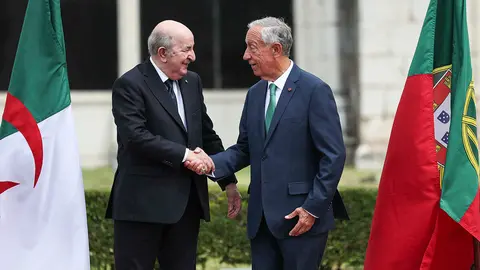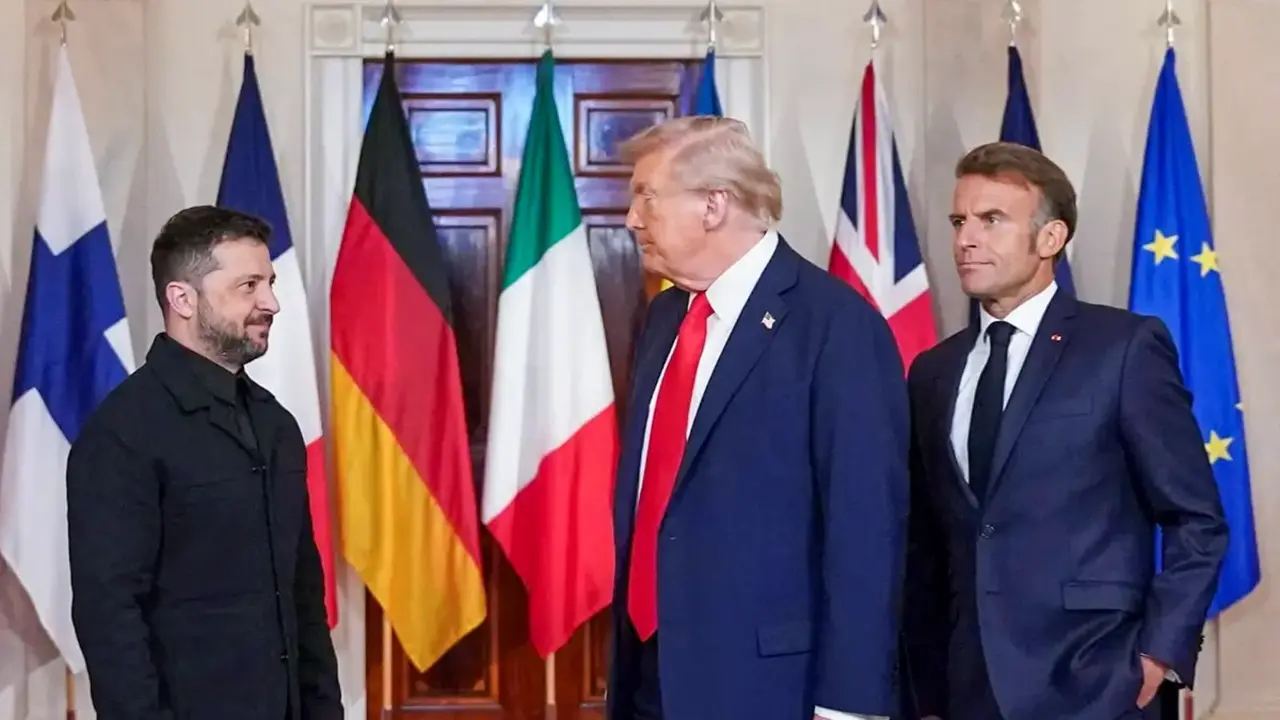Algeria: taboos in the press

It is all very well to have more than 170 print media and more than 20 private and government television channels to tell anyone who will listen that freedom of the press exists and is respected in Algeria. But the reality is quite different. An examination of the Algerian print and broadcast media reveals a uniform editorial line. Everything indicates that these numerous newspapers and television stations have a single editor-in-chief. The content is the same everywhere.
Police arrest a gang of criminals in possession of 1 kg of cocaine, and the entire Algerian press goes into a frenzy with the headline "Morocco wants to flood the city of Sidi Bel Abbes with hard drugs", while mentioning the weight of the seized product. But when a shipment of 3 quintals and 22 kilos was intercepted in Spain and destined for Oran, it was no big deal for these media. Only the daily El Watan, which continues to paddle timidly against the unanimity of its colleagues while remaining in the ranks it recently joined under heavy pressure, finally reported the news in its 29 May edition, several days late.
But neither El Watan nor the other Algerian media said a word about the egg thrown at President Tebboune's car or the hostile slogans chanted at him as he left Lisbon's City Hall during his state visit in the last week of May. The same can be said of the cancellation of the Algerian president's planned visit to Moscow, announced with great fanfare by Tebboune himself.

The floods that have devastated several regions of the country, causing enormous human and material damage, are barely mentioned by the press, which almost all Algerians consider subservient to the power of the state. No one denounces the passivity of the authorities, who do not deign to leave the comfort of their offices to go out and assess the gravity of the situation. Neither the President of the Republic, nor the Prime Minister, nor the Minister of the Interior, nor the walis (prefects), nor even the mayors visited the disaster sites and expressed their sympathy for the people affected by the catastrophe.
However, all the newspapers published the headline "Tebboune donates 10 billion dinars for the victims of the disaster", as if this sum had just come out of his personal account. And everyone will be talking about the resolutions adopted by the Council of Ministers on Sunday 28 May on the measures taken to deal with the disaster caused by the bad weather. These measures are, in reality, mere promises that are impossible to keep, as the resources needed to carry them out have hardly arrived.
For example, it is impossible to rehouse all the people who have lost their homes in 48 hours, as recommended by Tebboune. Algerians call this a "false promise". In the same way that it is impossible to restore damaged roads and organise school transport for children, given the seriousness of the situation and the unavailability of means of transport. Similarly, compensation for the victims of the disaster cannot be paid overnight, as Tebboune and his Council of Ministers would have us believe. The least we can say about these resolutions is that they reflect the degree of ignorance of the situation on the part of the highest authorities. They also show, once again, the inability of those same authorities to manage the country's affairs, let alone deal with disasters such as the forest fires of the last two years. And while we are on the subject of forest fires, one cannot help but wonder what preparations are being made to contain the next ones. This is a question that the Algerian press would never dare to ask, because it is also one of the taboo subjects we have just discussed.










